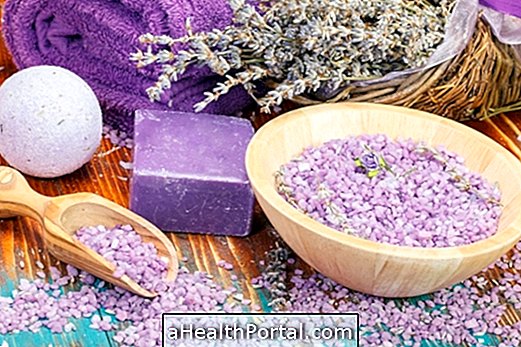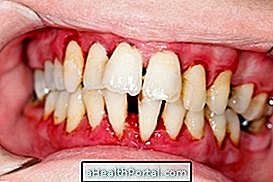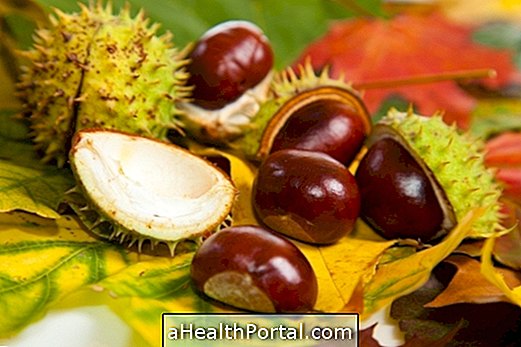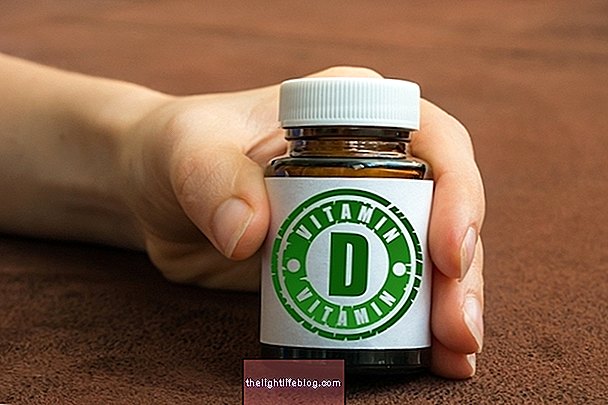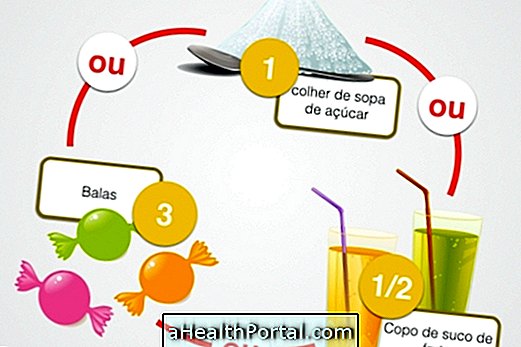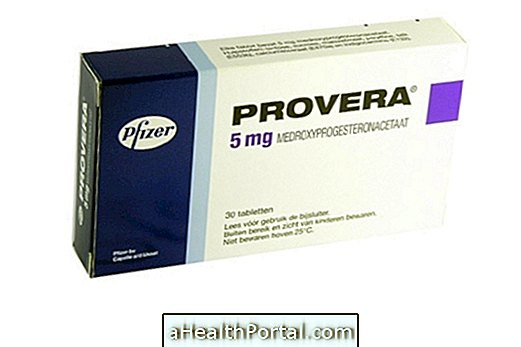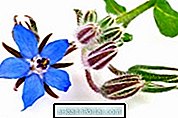Natural treatment for dysthymia helps to overcome this mild form of depression, which ends up harming normal brain activity, causing symptoms of sadness, frequent moodiness, anxiety, anxiety or restlessness. Learn more about the symptoms of this disease.
This disease can be diagnosed by a psychiatrist, psychologist or psychoanalyst, but the test for dysthymia is a simple and practical way that can help in the diagnosis of this disease. Take this test here.

Natural Treatment for Dysthymia
The natural treatment for dysthymia involves a diet rich in vitamins and minerals such as folic acid, selenium and magnesium, and also:
- Changes in lifestyle habits such as avoiding smoking;
- Practice meditation;
- Practice light physical activities such as walking to stimulate endorphins and
- Drink at least 2 liters of water daily.
Aromatherapy is also a natural treatment option that can be helpful in case of dysthymia.
Food for dysthymia
See in this video what is recommended to eat to improve mood:

In the diet for dysthymia must be present vitamins and minerals as:
- Folic acid to ensure the proper functioning of the nervous system: Can be found in white beans and soy, orange, apple and asparagus.
- Vitamin B6 that stimulates serotonin production: It can be found in whole grains, garlic, sesame seeds, beer yeast, bananas and tuna.
- Calcium that can reduce irritability and regularize heart beats: It can be found in dark green vegetables such as kale, spinach and cress.
- Selenium that can contribute to mood enhancement: It can be found in fish, almonds, walnuts and sunflower seeds.
- Magnesium that helps in energy production: It can be found in spinach, oats, tomato, cashew, brown rice and soybeans
- Omega 3 that helps in reducing cholesterol and strengthens the immune system, helping to combat depression: It can be found in cod, flaxseed, sardine, tuna, salmon and fish oils.
Other foods that can be consumed in the natural treatment of dysthymia are rosemary, ginger, gingko biloba, licorice and all foods rich in B vitamins as they stimulate the production of neurotransmitters.
Foods that contain caffeine like coffee, black tea and soda should be avoided because they are stimulants.
Home remedy for dysthymia
A great home remedy for Dysthymia is the St John's wort that restores the nervous system and is anti-depressant.
Ingredients
- 1 teaspoon St. John's Wort (leaves and flowers)
- 200 ml of water.
Method of preparation
Put 200 ml of boiling water in a cup with St. John's Wort, then let it sit for 10 minutes, strain and drink.
Chamomile tea, passion fruit and lemon balm also have sedative properties and so can be consumed regularly to decrease the symptoms of dysthymia.



